ABOUT HOUSING FIRST
As a Philosophy
The Housing First approach is premised on the assumption that the first and primary need of a homeless individual is to obtain stable, permanent housing.
As an Intervention
The approach involves moving individuals who are chronically or episodically homeless from the streets or homeless shelters directly into permanent housing.
Permanent housing is complemented by the provision of services to assist clients to sustain their housing and work towards recovery and reintegration into the community.
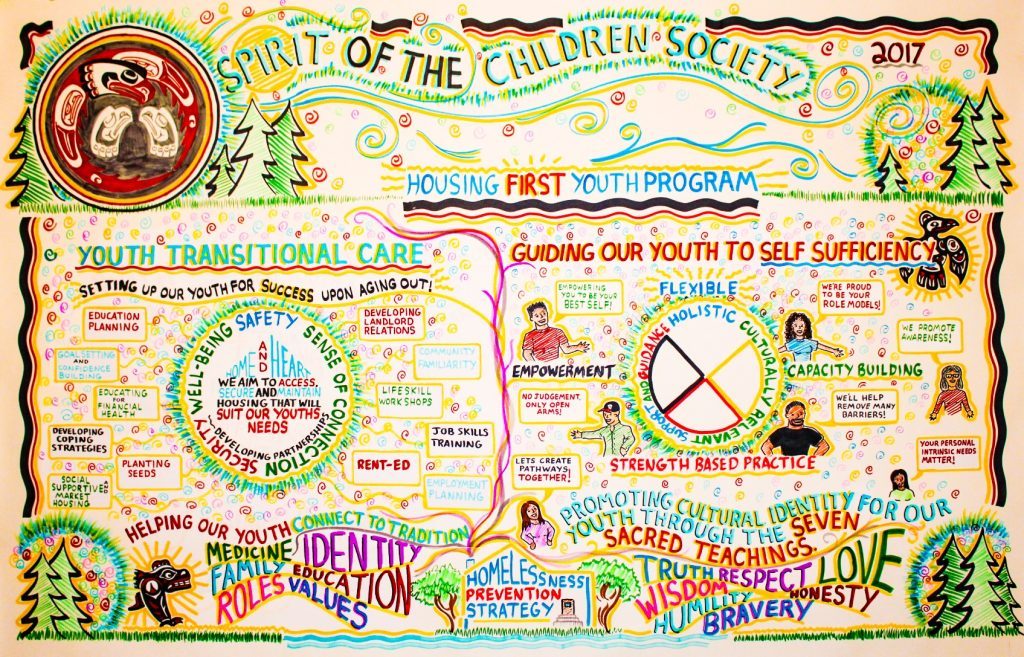
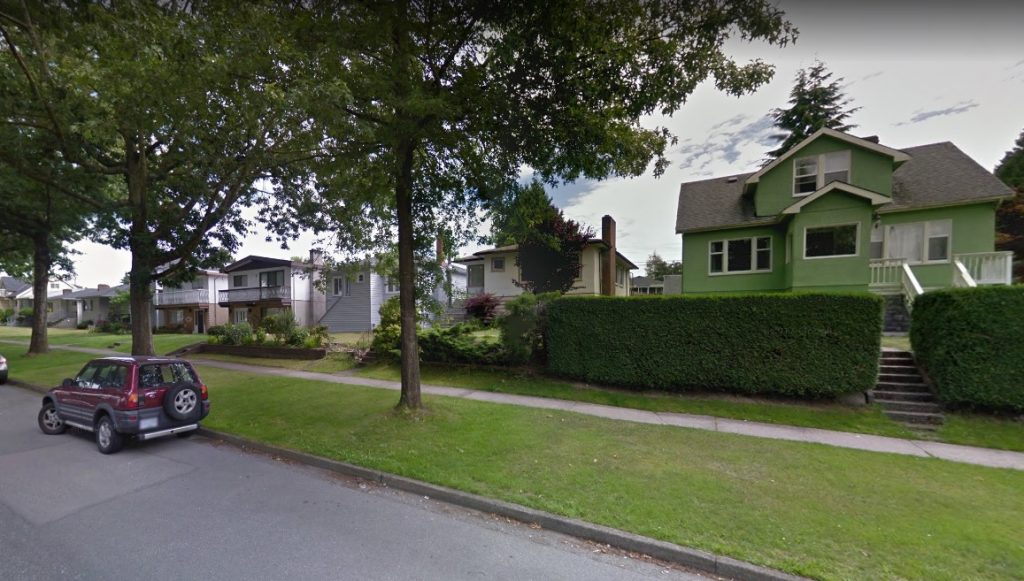
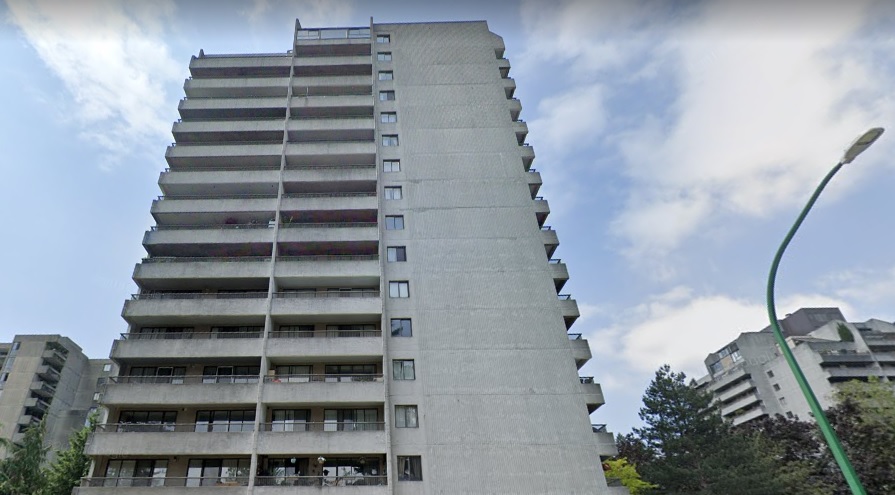
OUR HOUSING FIRST PROGRAM
Our workers from the Housing First Youth Program support Indigenous youth (16 to 24) who are either aging out of care or have aged out, to obtain or sustain housing.
Our goal is to connect youth to permanent housing and provide resources for life skills development and cultural teachings.
We support our youth through the following:
- Advocacy
- Cultural connections and support
- Develop transition plans with youth
- Linkages to Services
LIFE SKILLS WORKSHOPS
We have various workshop topics including the following:
- Financial Literacy
- Relationship Building
- Employment
- Education
- Nutrition
- First Nations History
- Traditional Medicines
- Personal Care
- Art Expression
OUR HOMELESSNESS PREVENTION PROGRAM
We provide services to Indigenous families and individuals who are at risk of losing housing. The Housing Support Team will provide the follow services to help maintain current housing:
- Assess needs and establish goals to related to housing in a cultural approach
- Empower and guide families to options available based on their resources and needs.
- Advocacy and holistic support to ensure the families’ basic needs are met (referrals to other agencies for furniture, clothing, food and other services as required.
The Homelessness Partnering Strategy (HPS) has defined the populations at imminent risk of homelessness as follows:
- Individuals or households facing eviction, with a poor rental history and insufficient cash reserves or assets to acquire new housing
- Breakdown in family relations, including separation, conflicts between parents (caregivers and children), and/or episodes of violence, where one or more parties have insufficient cash reserves or assets to acquire new housing
- Individuals due to be released from institutional care who do not have arrangements made for safe and
- Permanent accommodation upon release. Institutional care includes criminal justice system,
- Medical/mental health institutions, residential treatment programs or child protection.
If these individuals have no fixed address and a history of homelessness, they may fall under the definition of chronic and episodic homelessness (Housing first)
FACTS AND STATS
- Metro Vancouver’s affordability crisis has an ongoing increase number of homeless people, including seniors and First Nations people.
- In 2017, 45% of the total homeless population are homeless for the first time.
- Across Metro the number of homeless people jumped by 30% to 3,605 people compared with 2014, which is the highest to date
- Between 2014 and 2017, the largest increase in homeless numbers in the Tri-cities are by 113% to 117%.
A MESSAGE TO LANDLORDS
We believe that giving opportunities and second chances can make all the difference in the life of someone who has faced difficulties. You, as a landlord, are part of the solution to ending homelessness.
We ask our landlords to:
- Know their responsibilities and act on their rights as landlords
- Provide a safe and secure home that meets agreed upon minimum standards
- Share their community knowledge
- Contact us if they are experiencing challenges in a tenancy
- Attend a quarterly landlord forum
We support our landlords by:
- Providing potential tenants who are trained on how to be a responsible tenant
- Acting as a liaison between tenant and landlord
- Ensuring that rent is paid during tenancy
- Supporting tenants to know and act on their rights and responsibilities as a successful tenant
- Helping find new tenants if the previous tenant moves out
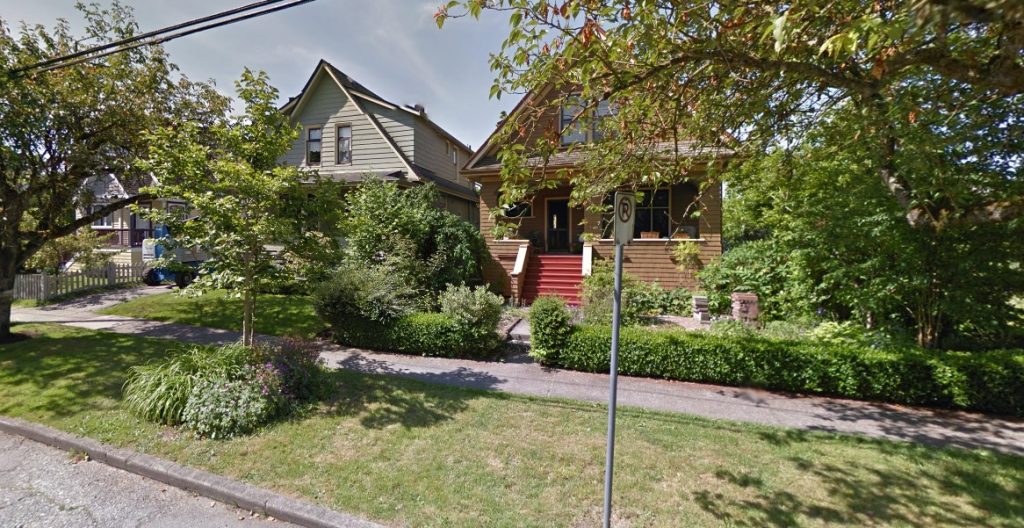
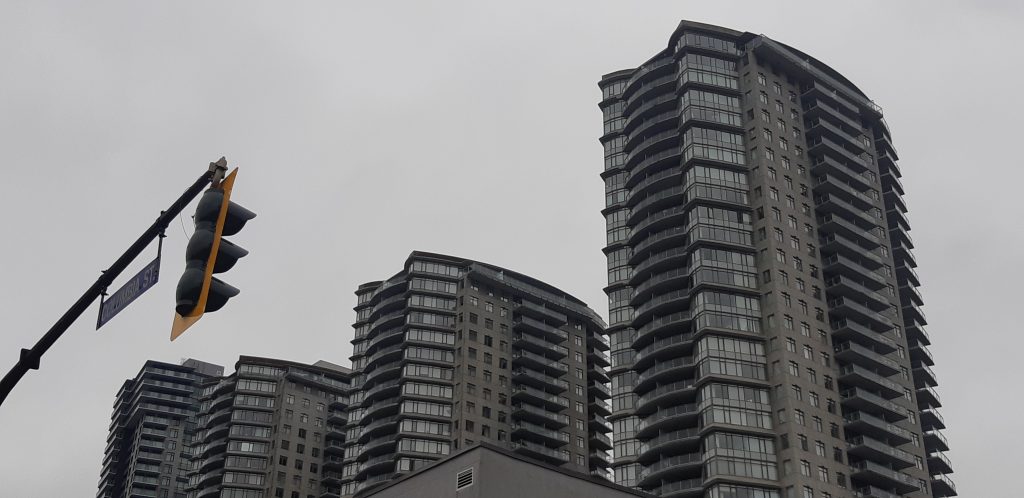
If you are a landlord with a living space available, please contact us at 604-524-9113
